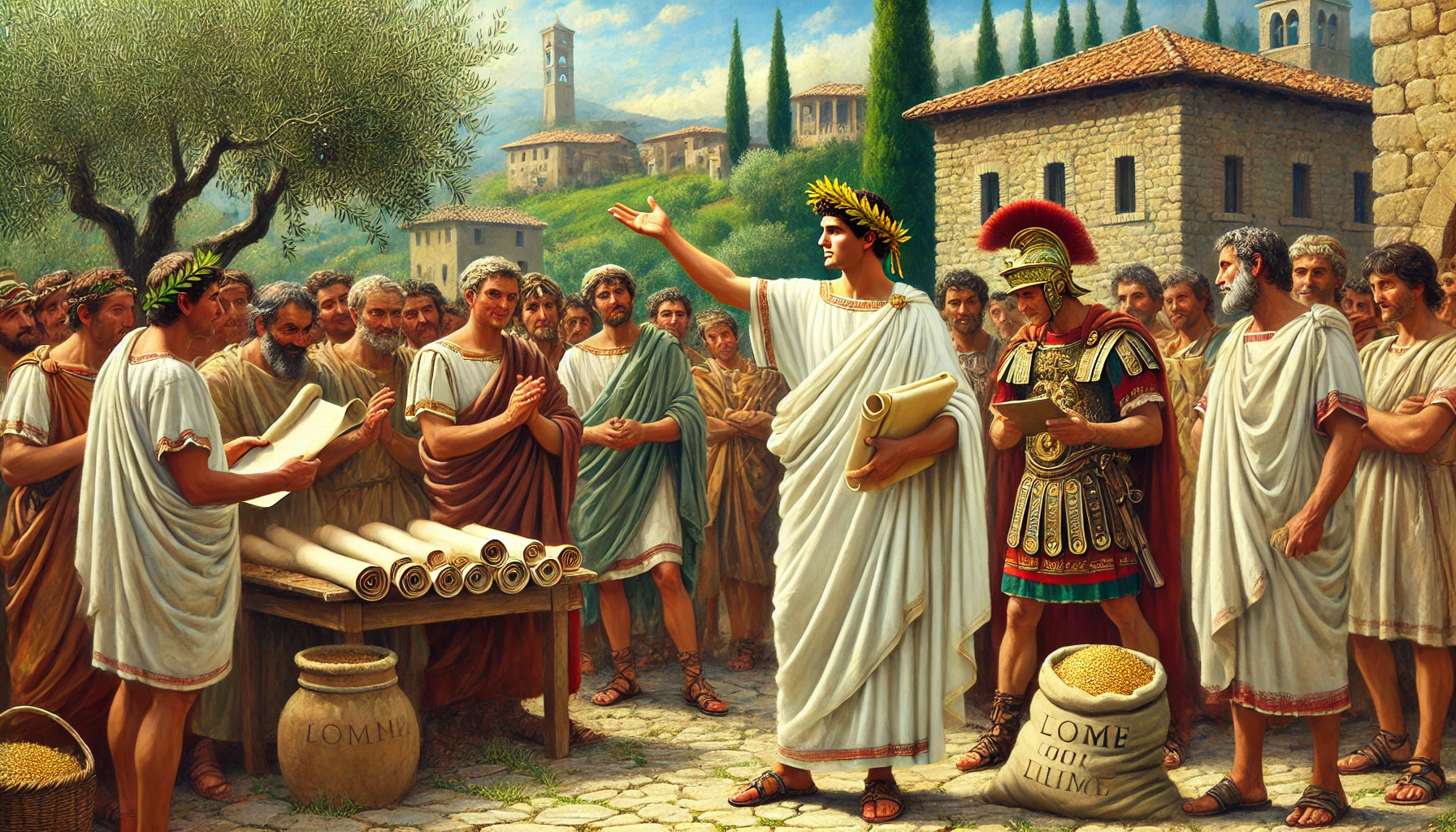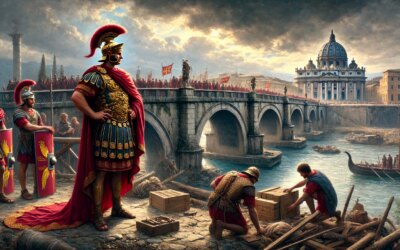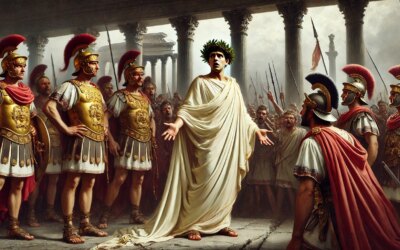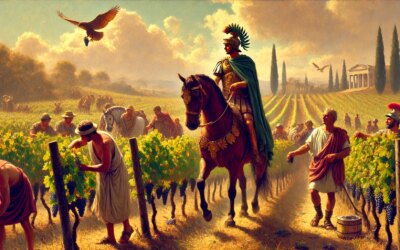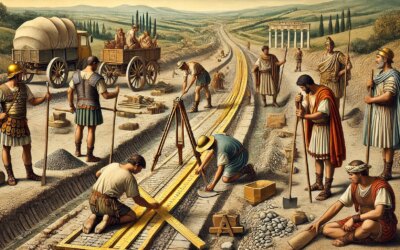Introduction: A Quiet Revolution After a Storm
In 97 AD, the Roman Empire stood at a precarious moment. The tyrannical rule of Emperor Domitian had ended abruptly with his assassination, leaving the Senate and citizenry yearning for stability and clemency. Into this breach stepped Marcus Cocceius Nerva, an elderly senator chosen not for his military power, but for his integrity and moderation. In one of his most impactful but understated acts, Nerva initiated a program of land redistribution and grain subsidies to support Italy’s struggling rural poor. It was a quiet yet radical effort to restore trust in imperial governance through social reform.
Nerva’s Rise to Power
Nerva was a seasoned statesman with decades of service under previous emperors. When the Senate appointed him emperor in September 96 AD, many saw it as a symbolic return to Republican ideals. Unlike his predecessors, Nerva had no army backing or dynastic claim. His authority rested on consensus and administrative competence. Yet he faced enormous challenges: fiscal strain, military unrest, and widespread disillusionment among Rome’s peasantry and provincials.
The Crisis in the Italian Countryside
By the late first century AD, Italy’s small farmers were in decline. Years of war, heavy taxation, and land consolidation by wealthy elites had displaced many rural families. Some migrated to cities, others became tenant farmers or landless laborers. Domitian’s economic policies had favored imperial estates and urban spectacles, neglecting agricultural recovery. Nerva recognized the need to revive Italy’s agricultural base—not only for food security but for political legitimacy.
Land Grants and the Alimenta Program
One of Nerva’s key initiatives was the distribution of public land to poor farmers, particularly in central Italy. The program aimed to reestablish the independence and productivity of smallholders. Concurrently, he laid the groundwork for the alimenta—a long-term welfare system later expanded by Trajan. It provided grain, food, and education subsidies to poor children, often financed through interest-bearing loans to landowners. This fusion of private investment and state welfare marked a novel experiment in Roman economic policy.
Restoring Confidence Through Clemency
Beyond material aid, Nerva’s policies were symbolic. They demonstrated a break from the repressive autocracy of Domitian. In speeches and coinage, Nerva emphasized libertas (freedom), aequitas (fairness), and fides publica (public trust). The image of the emperor personally overseeing grain distribution and land surveys served as a powerful contrast to his predecessor’s detachment and cruelty. Nerva positioned himself as a father of the nation rather than a ruler by force.
Resistance and the Role of the Military
Despite his popularity among senators and civilians, Nerva’s reforms alarmed parts of the military, especially the Praetorian Guard, who had benefited under Domitian. A brief revolt in 97 AD nearly toppled him. Nerva survived, but recognized his vulnerability. In a decisive act, he adopted Trajan, a respected general, as his heir. This move secured military loyalty and ensured a peaceful transition—the first of its kind in imperial Rome.
Long-Term Impact
Nerva ruled for just fifteen months, yet his policies set the tone for the golden age of the “Five Good Emperors.” His land and welfare reforms were expanded under Trajan and Hadrian, contributing to social stability and rural revival. The alimenta system continued for over a century. His reign showed that emperors could lead not just by conquest or spectacle, but by thoughtful administration and humane policy.
Conclusion: A Gentle Hand in a Harsh Age
In 97 AD, Nerva’s simple act of standing among farmers and distributing grain spoke volumes. It signaled a return to the ideals of civic virtue, public service, and equitable rule. Though overshadowed by more dramatic reigns, Nerva’s short tenure laid the foundation for Rome’s most admired era. His reforms in the vineyards and villages of Italy remind us that great empires can also be healed by the quiet work of justice and compassion.

